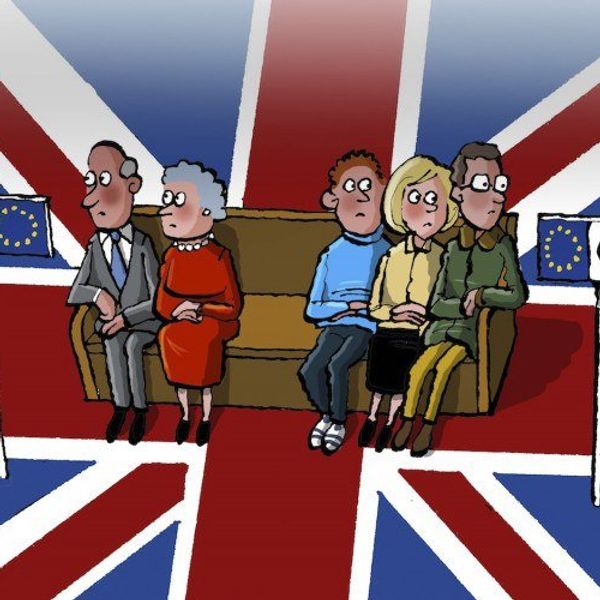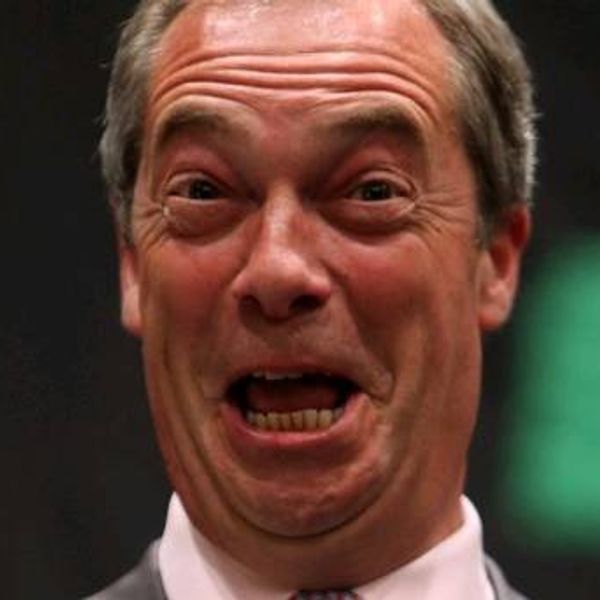On June 23rd, 2016, the citizens of the United Kingdom voted for a "British exit" from the European Union, hence the name "Brexit. The EU is a bloc of 28 European countries that united Europe economically for decades, but it won't for long.
Dominant European countries were destroyed from the two World Wars. In order to protect democracy, the United States worked with Europe to form alliances against communism. Alliances like the EU and NATO (North Atlantic Treaty Organization) were products designed to protect a weak Europe economically and militarily.
Europe is still weak today, but now the alliance is falling apart.
The Brexit referendum was a nationalist movement. Britain wanted complete control over its borders and its economy, two sectors that the EU heavily regulates.
Economically, the EU has been struggling. After the 2008 crisis and slow economic growth ever since, having one of the world's most powerful countries leave puts the entire alliance at risk. This is why global markets panicked last Friday.
With immigration, the EU has a very unrestrictive policy. With the recent migrant crisis from the Middle East, and the terrorist attacks occurring on the European mainland, the British want to limit immigration and completely control their own borders.
Nationalist movements like this in other European countries are rising. If more countries begin exiting the EU, there will soon be no EU left.
A Europe without a European Union
What if Europe, economically speaking, wasn't united? For Europeans, it will cost a lot of money. Right now, the EU members enjoy free trade. New trade agreements will have to form, which could potentially cost European businesses greatly.
In international relations, only the strong economic nations like Great Britain, France, and Germany will represent European interests in global summits like the G7 or G20.
Brexit and the United States
On Friday, the Dow Jones Industrial Average fell over 600 points. Why? Because we live in a globalized world. Our economy is deeply intertwined with other nations, especially our European allies. If they go into a recession, we get hurt as well.
Globalization has allowed for a period of relative peace in the world. China won't invade the United States because that would destroy them in the process. Russia won't invade Poland because Europe will unite and defeat them. We created a world where, if one attacks another, it would be against their own interests. But what if we begin isolating ourselves again?
A weak Europe hurts the U.S. We want our allies to be strong. We want democracies to be strong. While we might be angry that our stocks fell because of something that happened across the pond, we should be angrier that Europe is fracturing. Globalization isn't perfect, but we should try to slowly regulate it instead of completely abandoning it like the UK.
So, is Brexit the beginning of the end? Let's hope not.





















